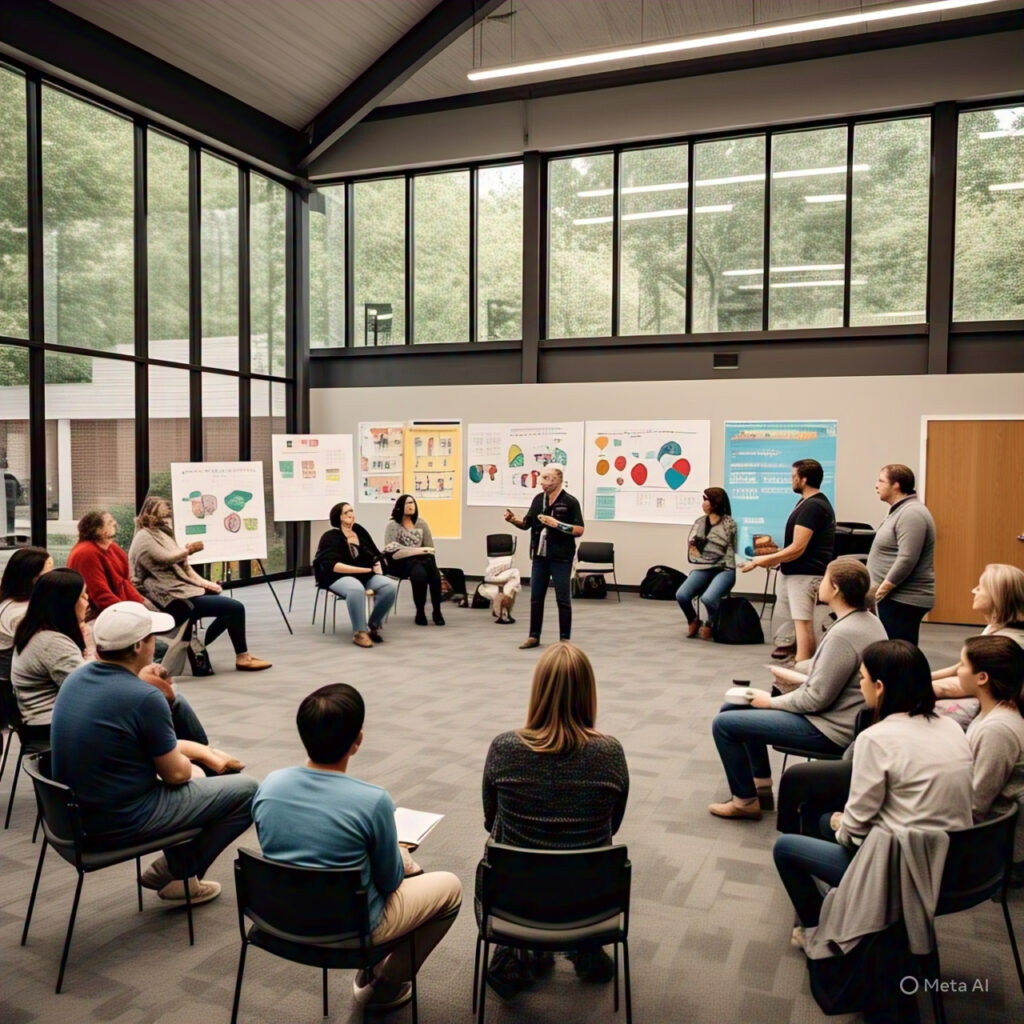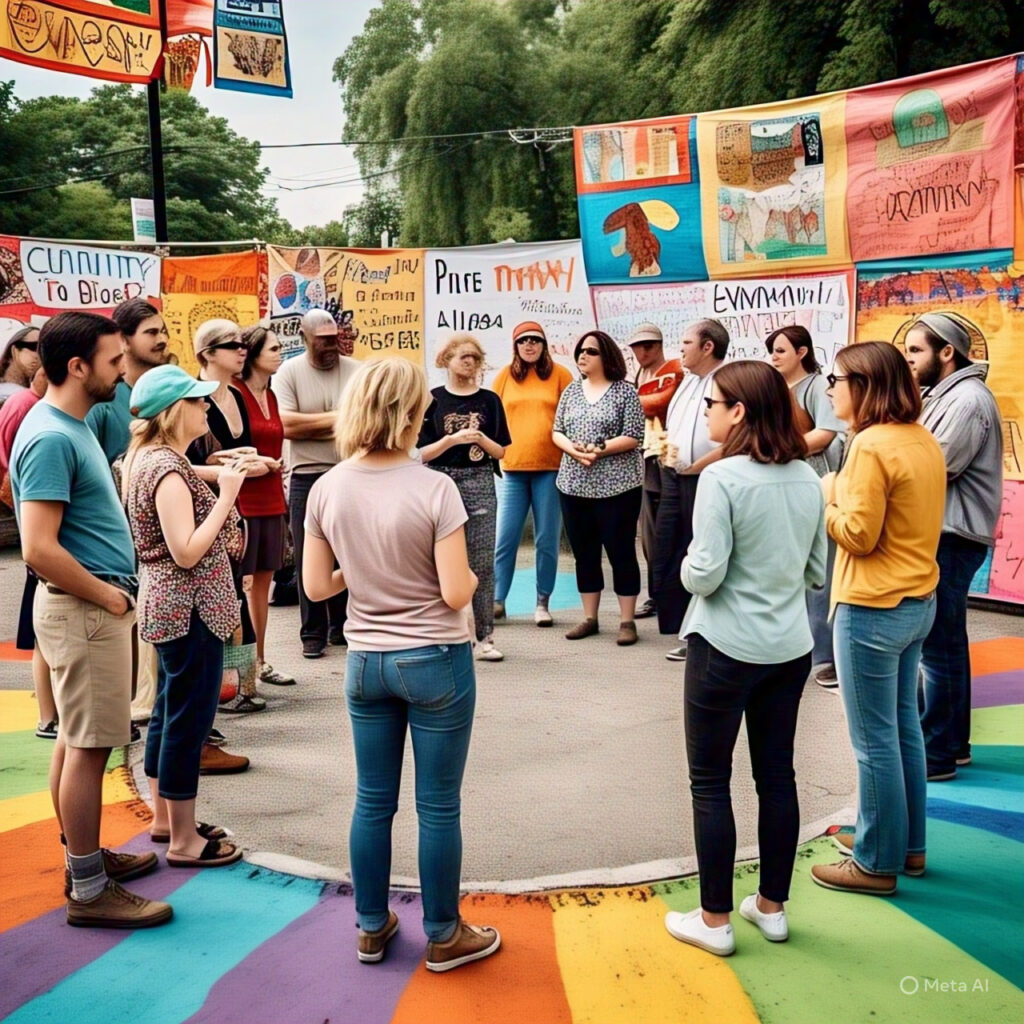In every corner of our communities, knowledge is the key that unlocks justice. Inclusive human rights education empowers people of all ages and backgrounds to recognize their entitlements, challenge inequities, and advocate effectively. By integrating human rights principles into school curricula, community centers, and digital platforms, we ensure that the message resonates from the classroom to the marketplace.
Practical workshops taught by trained facilitators break down complex legal concepts into real-world scenarios. Participants learn to draft clear petitions, document incidents of abuse, and engage decision-makers through respectful dialogue. When young people see human rights as part of their daily lives—rather than distant ideals—they become confident agents of change.
Partnerships with local media and social influencers amplify these efforts. Short video clips, radio interviews, and community theater sketches bring human rights stories to life, sparking conversations in households and workplaces. Importantly, these formats accommodate diverse literacy levels and languages, ensuring no one is left behind.
At the heart of this approach is collaboration. Marginalized groups—women, LGBTQ+ individuals, persons with disabilities—should co-design educational materials so that content truly reflects their experiences. Joint planning sessions create a sense of ownership and mutual respect, strengthening social bonds and fostering empathy.
By weaving inclusive human rights education into every facet of community life, we cultivate a culture where respect, dignity, and responsibility become shared values. Empowered citizens, armed with knowledge and solidarity, are our strongest defense against injustice.



